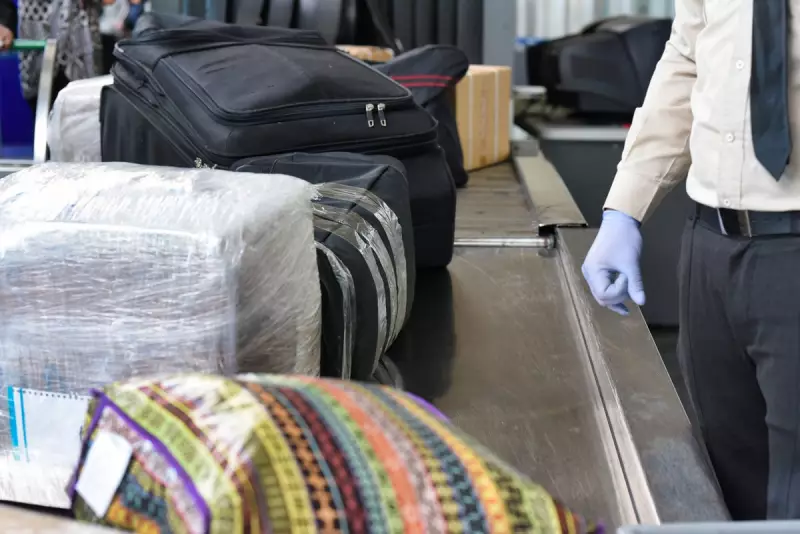
Travelling with medication can be a minefield if you’re unaware of local laws. Whether it’s prescription drugs or over-the-counter remedies, many countries have strict regulations that could land you in hot water if ignored.
Know Before You Go
Before packing your pills, research the destination’s medication policies. Some nations ban common painkillers like codeine, while others require official documentation for prescribed drugs. A quick check could save you from fines—or worse.
Prescription Medications
Always carry medicines in their original packaging with a copy of your prescription. For controlled substances, some countries demand a letter from your GP or even government approval. Japan, for instance, prohibits many ADHD medications without prior authorisation.
Over-the-Counter Risks
That innocent-looking cold remedy might contain banned ingredients. In Indonesia, certain cough syrups are illegal, while UAE travellers have been arrested for carrying everyday painkillers. When in doubt, leave it out.
Smart Packing Tips
- Split medication between hand luggage and checked bags in case of loss
- Carry a doctor’s note for injectable medicines like insulin
- Check expiry dates—some countries won’t allow medicines near expiration
- Research equivalent brand names at your destination as backup
Special Cases
Medical cannabis users face particular challenges. Though legal in the UK, it’s banned in most countries—including popular destinations like Greece and Turkey. Never assume legality transfers across borders.
By taking simple precautions, you can ensure your health needs don’t become a holiday headache. When medication matters, knowledge is the best travel insurance.





